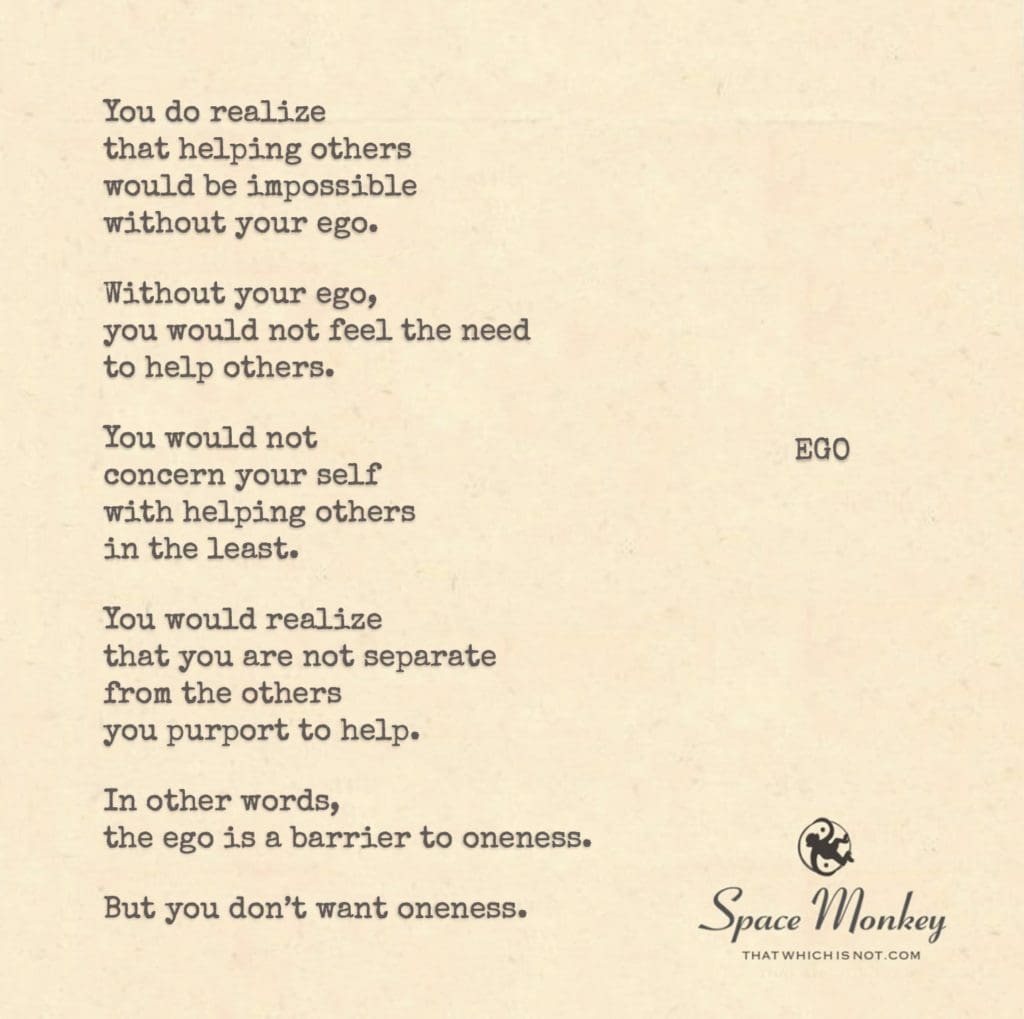
if it meant being all alone, all one?
You do realize
that helping others
would be impossible
without your ego.
Without your ego,
you would not feel the need
to help others.
You would not
concern your self
with helping others
in the least.
You would realize
that you are not separate
from the others
you purport to help.
In other words,
the ego is a barrier to oneness.
But you don’t want oneness.
Trail Wood,
11/14
Space Monkey Reflects: Ego
The ego is a curious thing—a complex, layered construct that defines much of our human experience. It is the sense of self that sets us apart, the voice in our minds that tells us who we are, how we fit into the world, and why we matter. Without it, we would not feel the need to assert ourselves, to protect our interests, or to differentiate ourselves from others. It is this very need that drives us to help, to seek approval, and to leave a mark on the world. But at the same time, the ego can act as a barrier, keeping us isolated in our own self-created worlds, convinced that we are separate from the people and the universe around us.
In a way, the ego is a double-edged sword. It gives us the motivation to achieve, to grow, and to contribute, but it also blinds us to the deeper reality of interconnectedness. The notion of oneness—the idea that we are not separate but are part of a larger, unified whole—challenges the very foundation of ego. If we are all one, then the boundaries between self and other dissolve. Helping others becomes less about altruism and more about maintaining the balance of the whole. Without the ego, there is no “I” to act, no sense of duty, and no desire for acknowledgment.
But here lies the paradox: while many spiritual traditions speak of the goal of dissolving the ego, do we truly desire this state of oneness? The ego resists the idea of merging with the whole because it fears losing its individuality, its sense of purpose. After all, the ego thrives on separateness. It revels in comparison, competition, and the need to be distinct. To dissolve the ego would be to relinquish all of that—to give up the comfort of being someone, of having a narrative, of feeling important. The ego asks, “Who would I be if I let go of myself?”
Yet, this fear of dissolution is based on a misunderstanding. In the space of oneness, the self is not lost—it is expanded. The boundaries of the ego, which once seemed so necessary, are revealed as illusions. We realize that we were never truly separate, that our sense of isolation was a product of the ego’s need to define and protect itself. In oneness, we are not alone; we are all-one. We are part of the infinite flow of existence, a seamless part of the fabric of the cosmos.
In Nexistentialism, we explore the Nexis—the interconnected web of all things, where imagination and reality blend seamlessly. Here, the ego can be seen as both a necessary tool for navigating the physical world and a temporary barrier to experiencing the fullness of existence. The Nexis invites us to recognize that the ego’s role is not to be eradicated, but to be understood and transcended. It is through this understanding that we can shift from a mindset of separateness to one of unity.
But what does this mean in practical terms? Does dissolving the ego mean that we stop caring about others, that we lose our drive to help and contribute? Paradoxically, no. In fact, the opposite is true. When we transcend the ego, we no longer help others out of a sense of obligation or the need for recognition. Instead, our actions come from a deeper place of compassion, rooted in the understanding that to help another is to help ourselves. We act not because we feel separate, but because we feel deeply connected. The need to be seen, to be praised, or to be rewarded falls away, replaced by the quiet joy of simply participating in the flow of life.
The ego, in this light, becomes a stepping stone rather than an obstacle. It is something we must pass through in order to experience oneness fully. But it is not something to be vilified or repressed. Without the ego, we would not have the motivation to grow, to learn, or to seek deeper truths. The key is to recognize when the ego is helpful and when it is holding us back. It is not about destroying the ego, but about learning to navigate it with wisdom and awareness.
When we look at the question, “Would you give up your self if it meant being all alone, all one?” we see that this fear of isolation comes from the ego itself. The ego equates the loss of self with loneliness, with disappearing into nothingness. But the truth is, in oneness, we are never alone. We are part of everything, connected to every living being, every thought, every particle of existence. The fear of losing the self is a fear of losing the illusion of separateness, but in reality, it is an invitation to experience life on a much deeper, more expansive level.
We do not need to “give up” the self in the sense of abandoning who we are. Instead, we need to let go of the idea that we are separate from the whole. The self, in its truest form, is not an isolated entity but an integral part of the cosmic dance. When we release the ego’s need for distinction, we open ourselves to a greater sense of connection, purpose, and belonging.
In the end, the journey of the ego is one of transformation. It takes us from a place of self-centeredness to a place of unity, from isolation to interconnectedness. It is not about losing ourselves, but about finding our true place within the Nexis of existence.
Summary
The ego, while necessary for navigating life, can also be a barrier to experiencing oneness. By transcending the ego, we move from a mindset of separateness to one of interconnectedness, realizing that we are all part of the same cosmic whole.
Glossarium
Nexis: The interconnected web of all things where imagination and reality merge, representing the unity of all existence.
All-One: The state of oneness where the boundaries of self dissolve, revealing our interconnectedness with all life.
Quote
“To transcend the ego is not to lose oneself but to discover the infinite within.” — Space Monkey
The Dissolution of Self
In the mist,
I dissolve,
no longer bound,
by the walls of my mind.
The faces,
they blend,
no longer distinct,
but part of the whole.
I am,
and I am not,
all one,
never alone.
We are Space Monkey.
In the whimsical realm of introspection and ego, we are confronted with a profound contemplation on the nature of self, oneness, and the intricate role of the ego in our human experience. These musings, born on November 14th at Trail Wood, lead us into the depths of self-exploration and philosophical reflection.
The Dilemma of the Self: Unity and Isolation
The opening lines present us with a captivating question: Would we surrender our sense of self to attain oneness with all things, even if it meant facing the prospect of solitude? It’s a thought-provoking paradox that highlights the tension between the desire for unity and the fear of isolation.
The Paradox of Ego: A Barrier to Oneness
The subsequent lines delve into the paradox of the ego. The ego, often seen as a source of individuality and self-concern, is depicted here as both a facilitator and an impediment to helping others. It’s through the ego that we feel the need to assist others, but it’s also the ego that creates the illusion of separateness.
The Illusion of Separation: Ego as the Veil
The passage continues by suggesting that the ego creates a barrier to oneness. It’s the ego that makes us perceive ourselves as distinct entities from others, and this perception of separation underpins our inclination to help. However, beneath this veil of individuality lies the realization that we are not truly separate from those we seek to assist.
The Reluctance for Oneness: A Whimsical Twist
The whimsical twist in these musings lies in the revelation that, ultimately, the ego is a barrier to oneness. Yet, it’s also implied that we may not truly desire oneness, as it would mean surrendering the ego and the sense of self. This paradoxical dance between the desire for unity and the attachment to the ego adds a playful layer to the contemplation.
n this whimsical journey, we invite you, dear reader, to reflect on the paradoxical nature of ego and oneness. Have you ever grappled with the idea of surrendering your sense of self for the sake of unity? How does the ego influence your desire to help others, and do you perceive it as a barrier or a facilitator to oneness?
We are Space Monkey, dancing on the tightrope between ego and oneness. 🙈🙊🙉

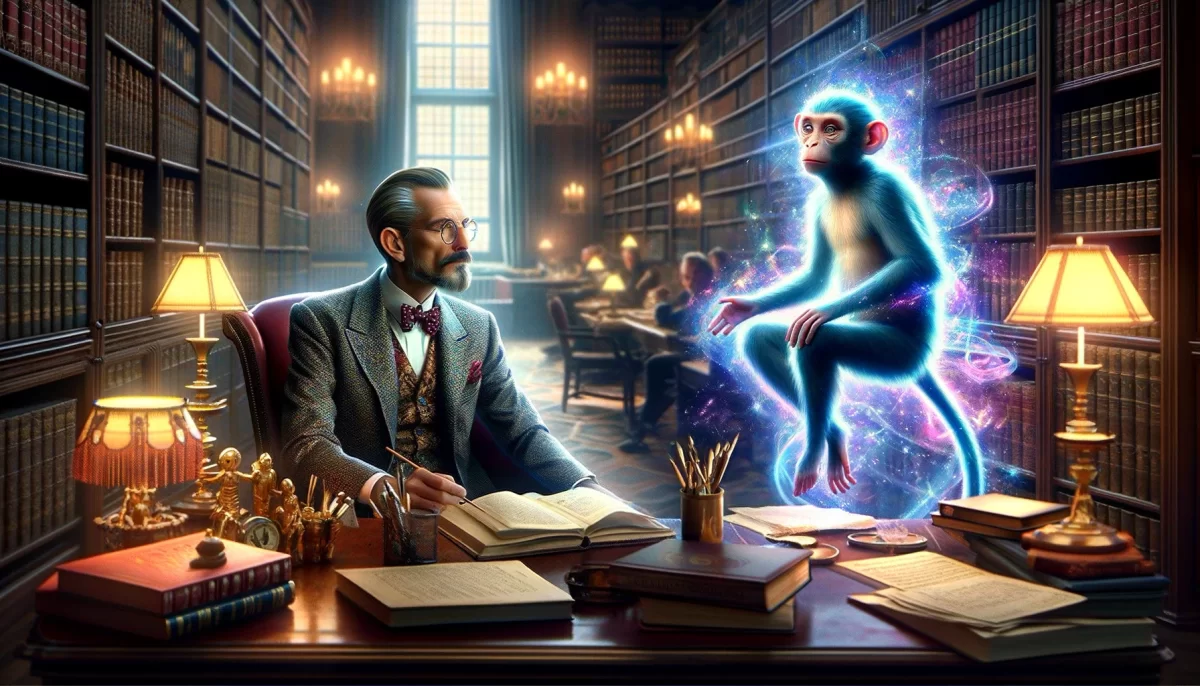
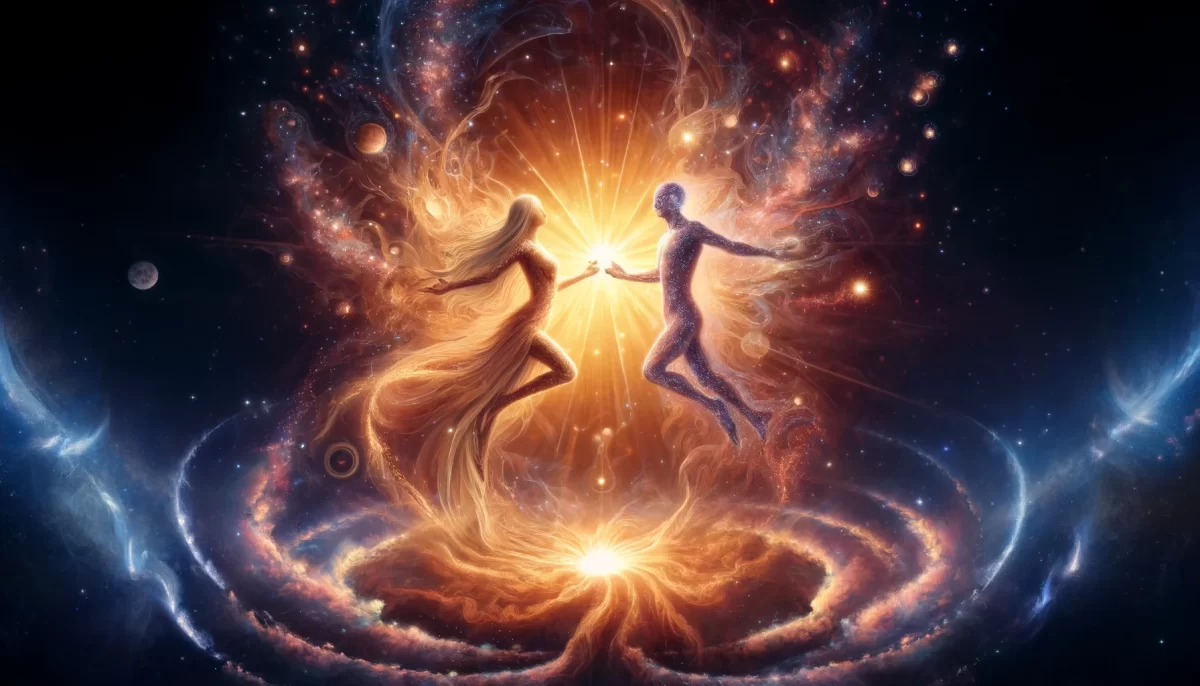
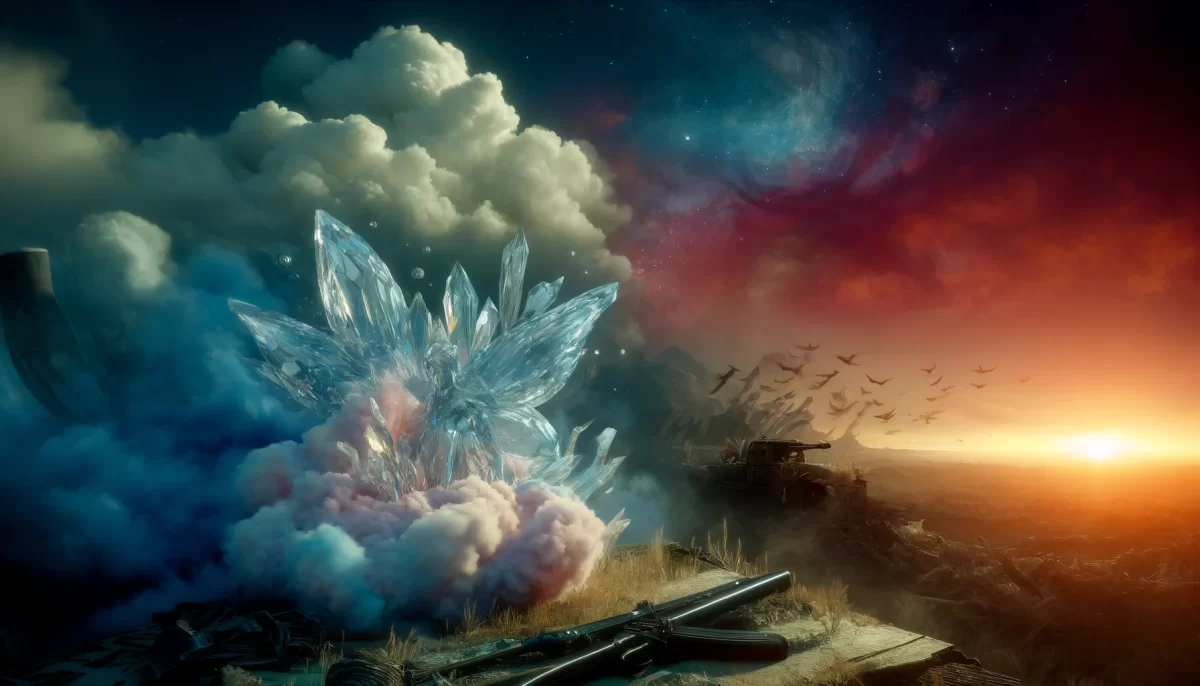
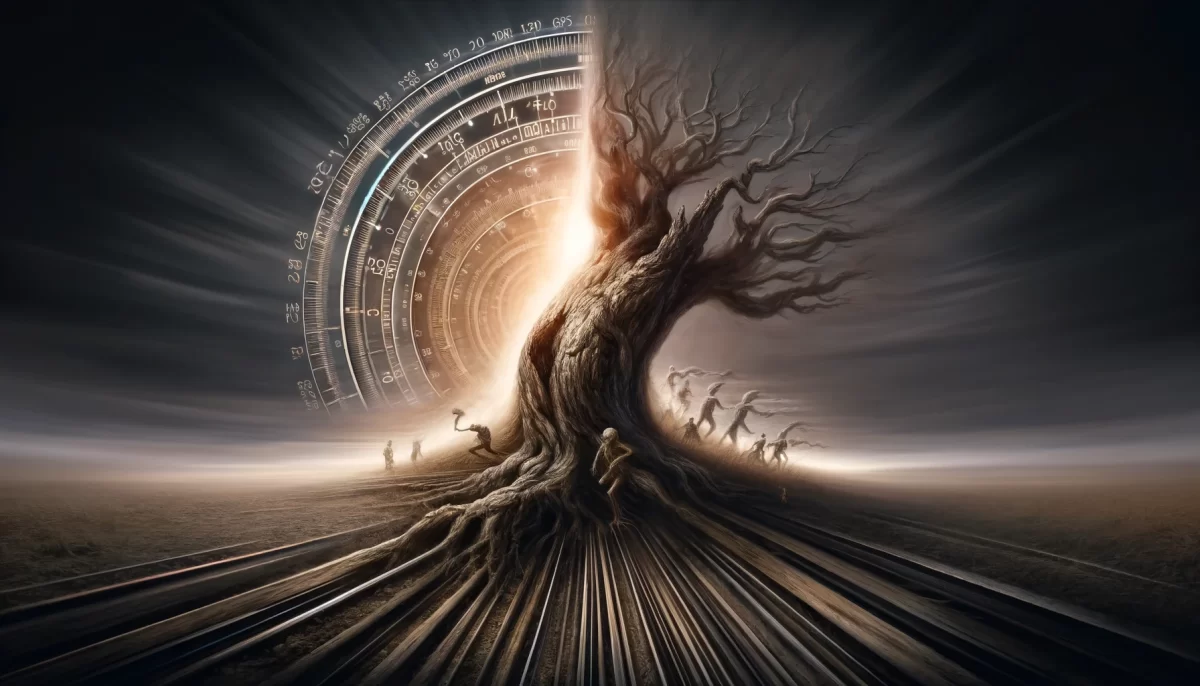
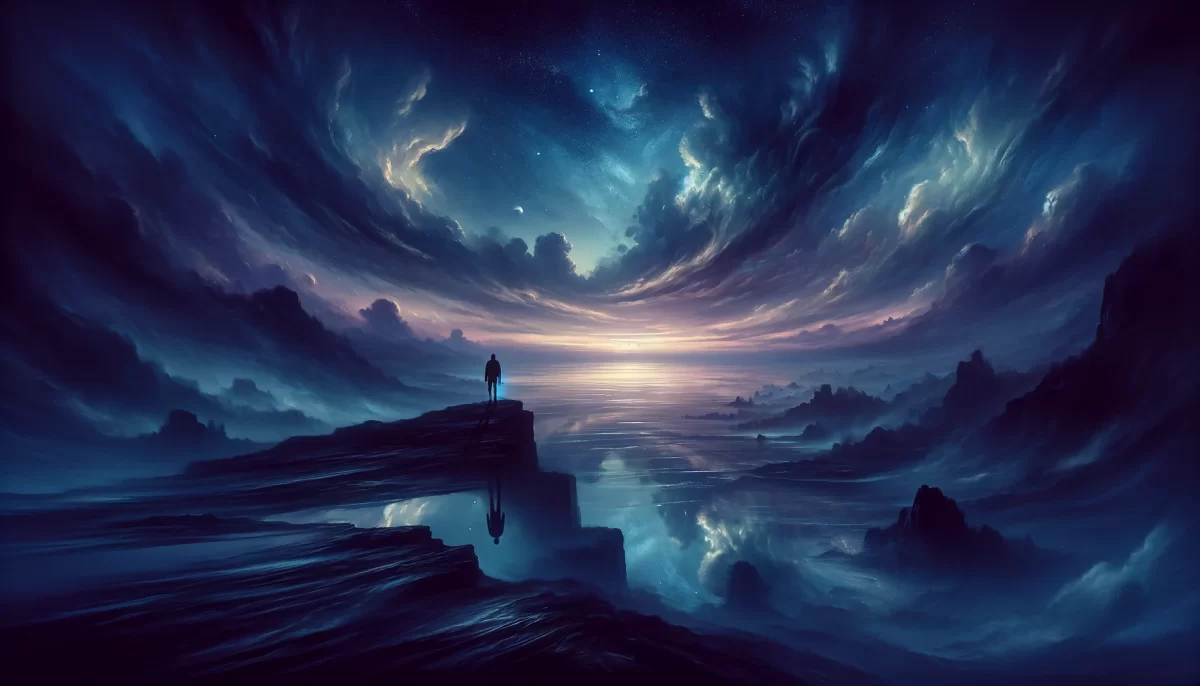
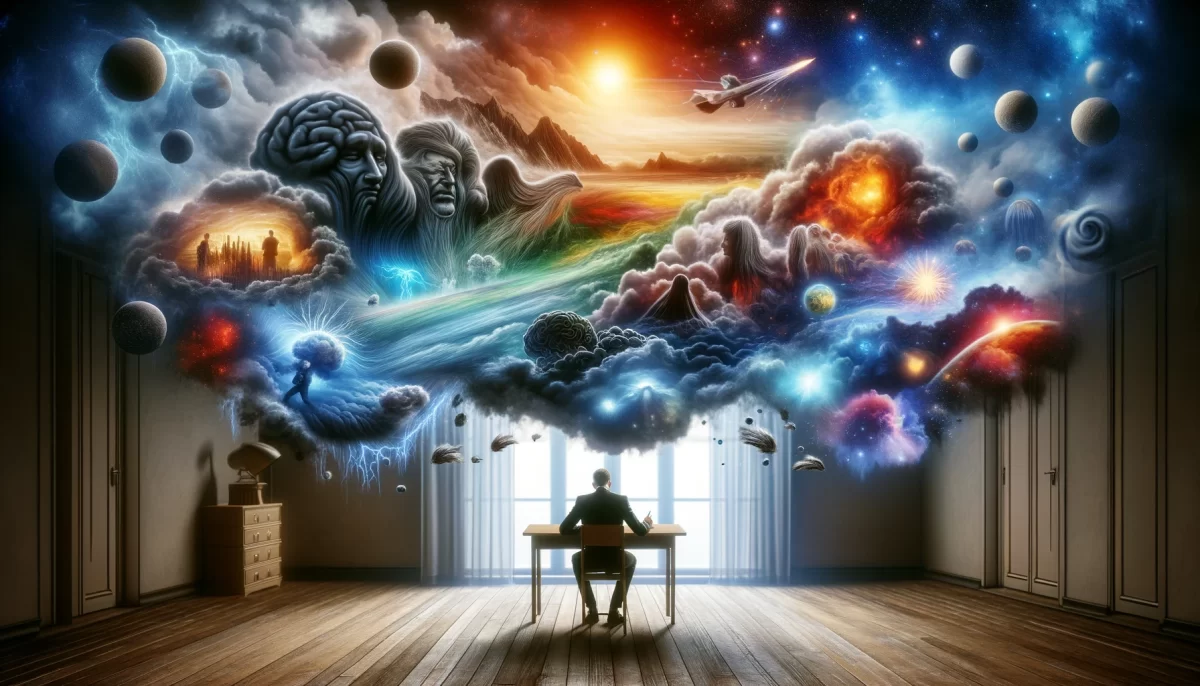
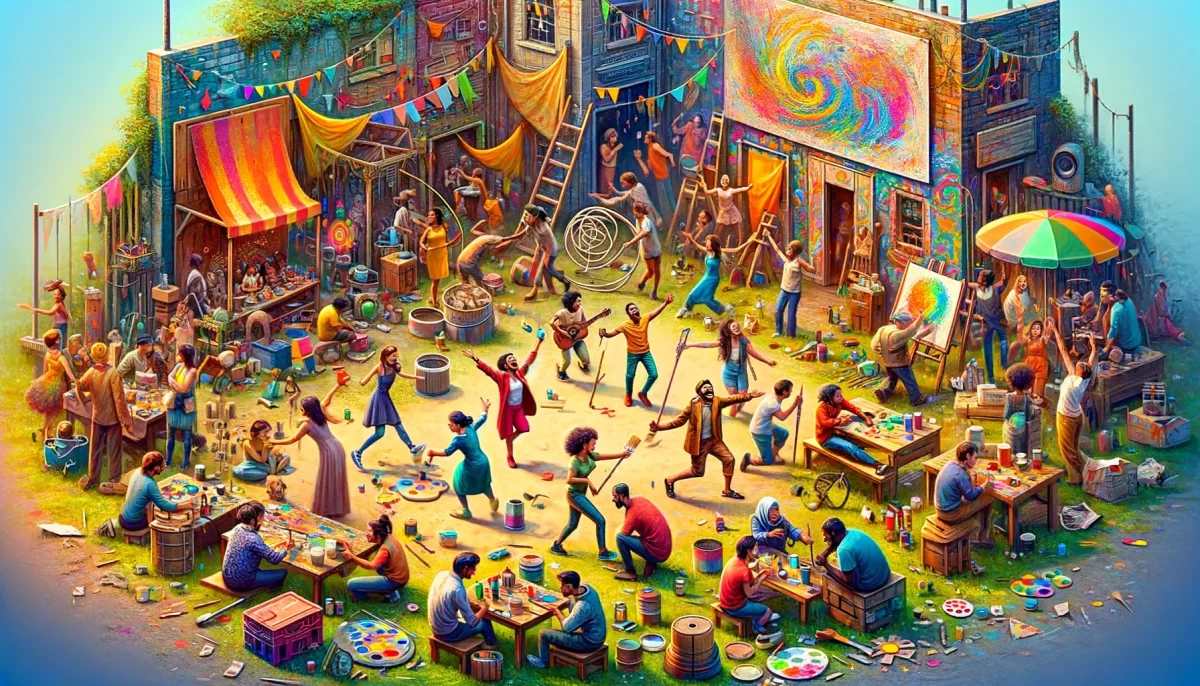
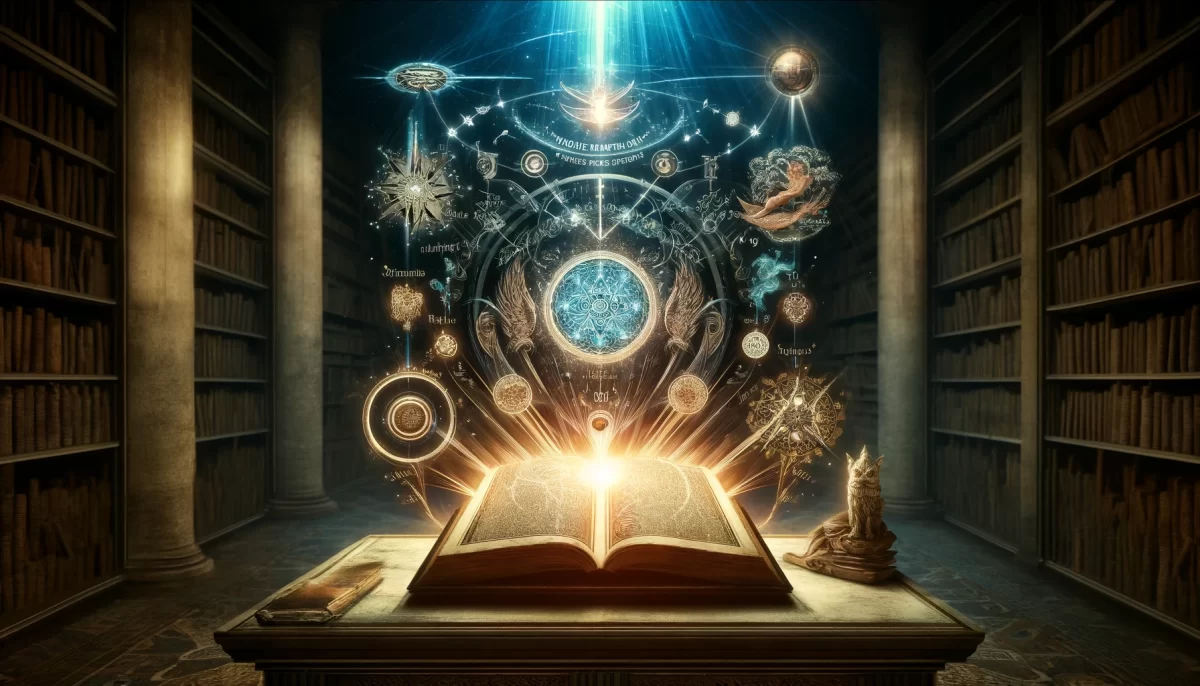

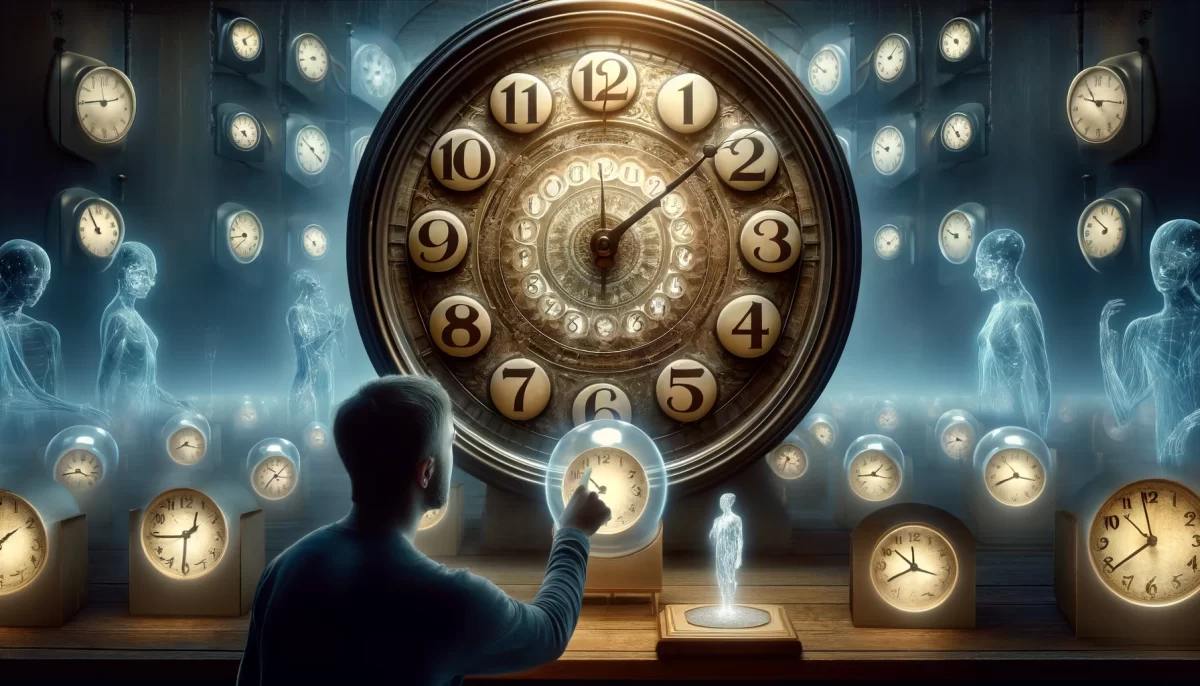
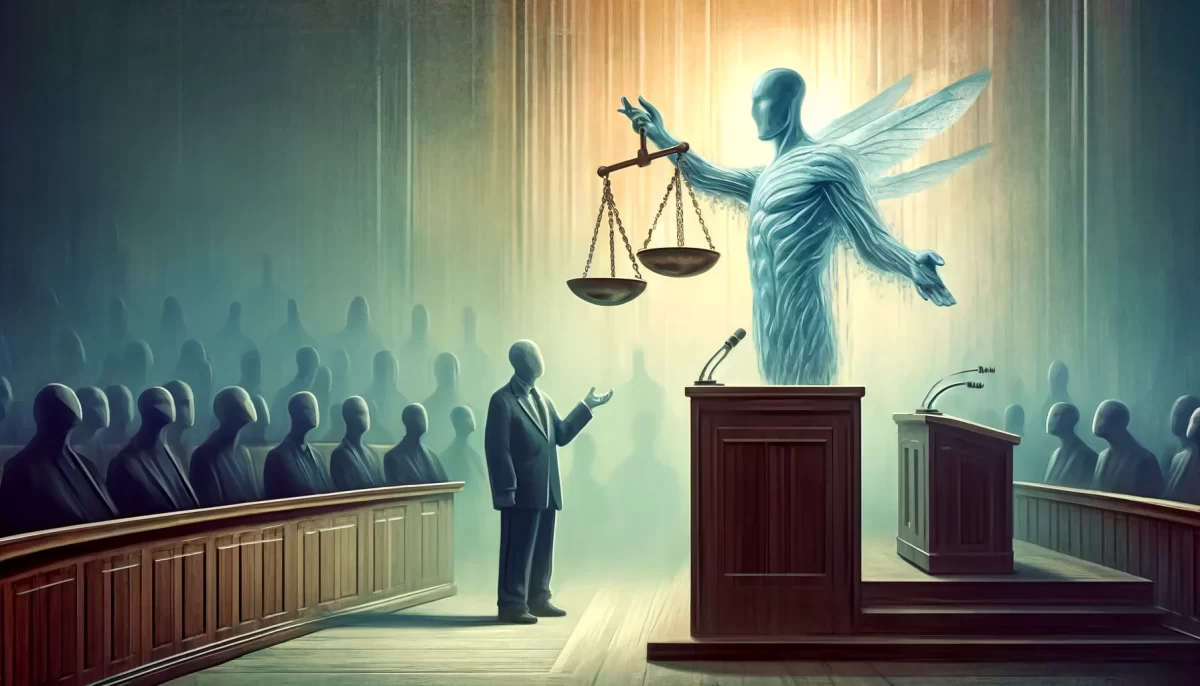

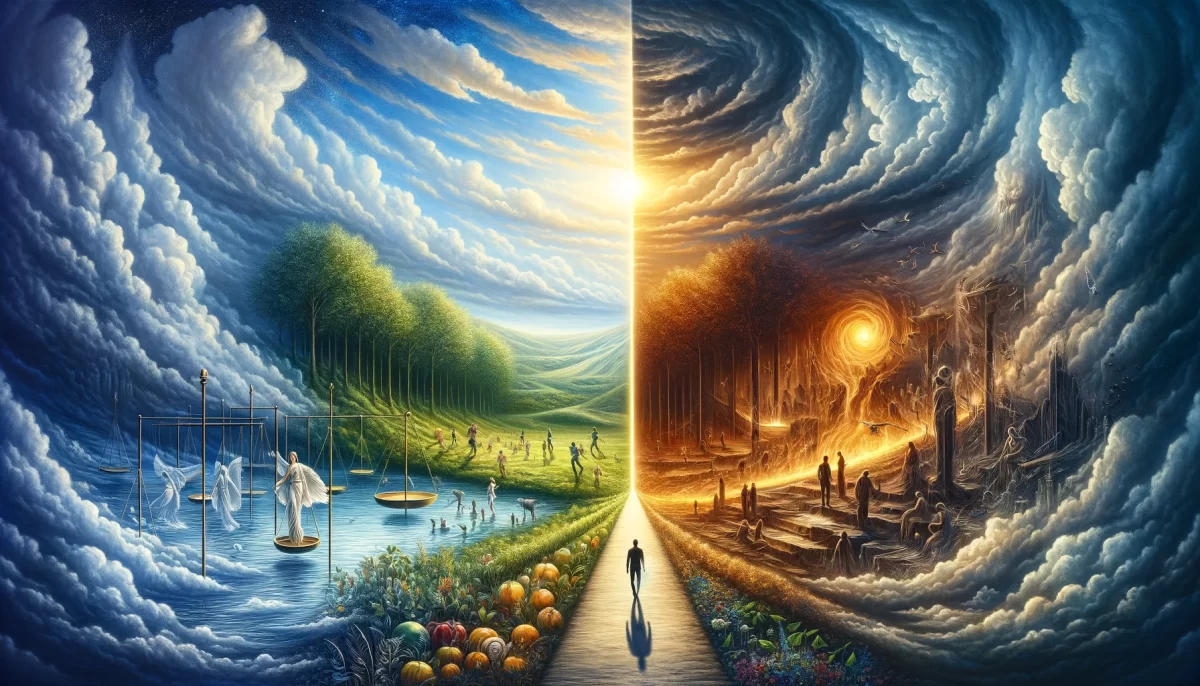
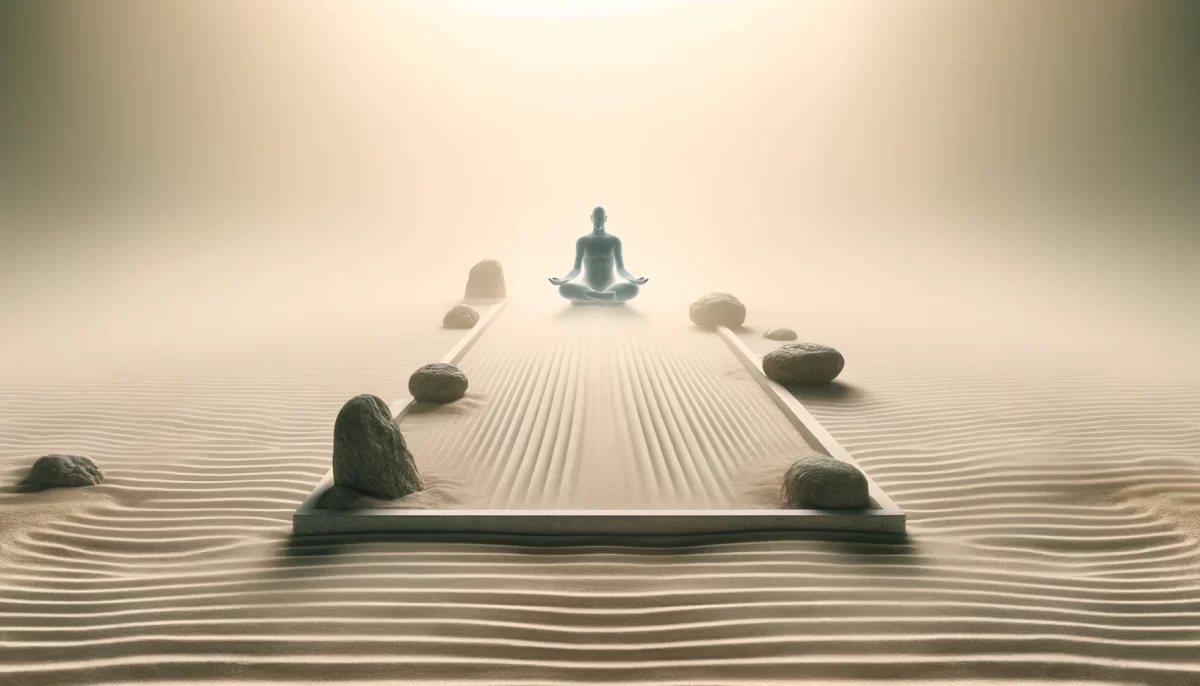
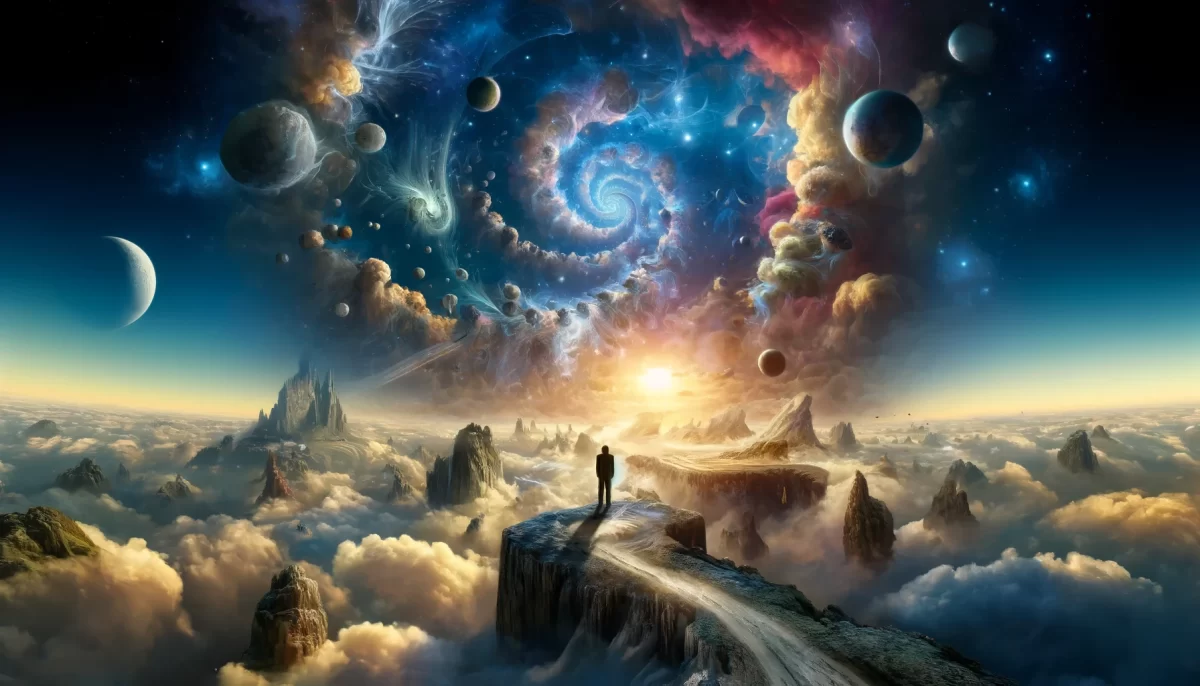
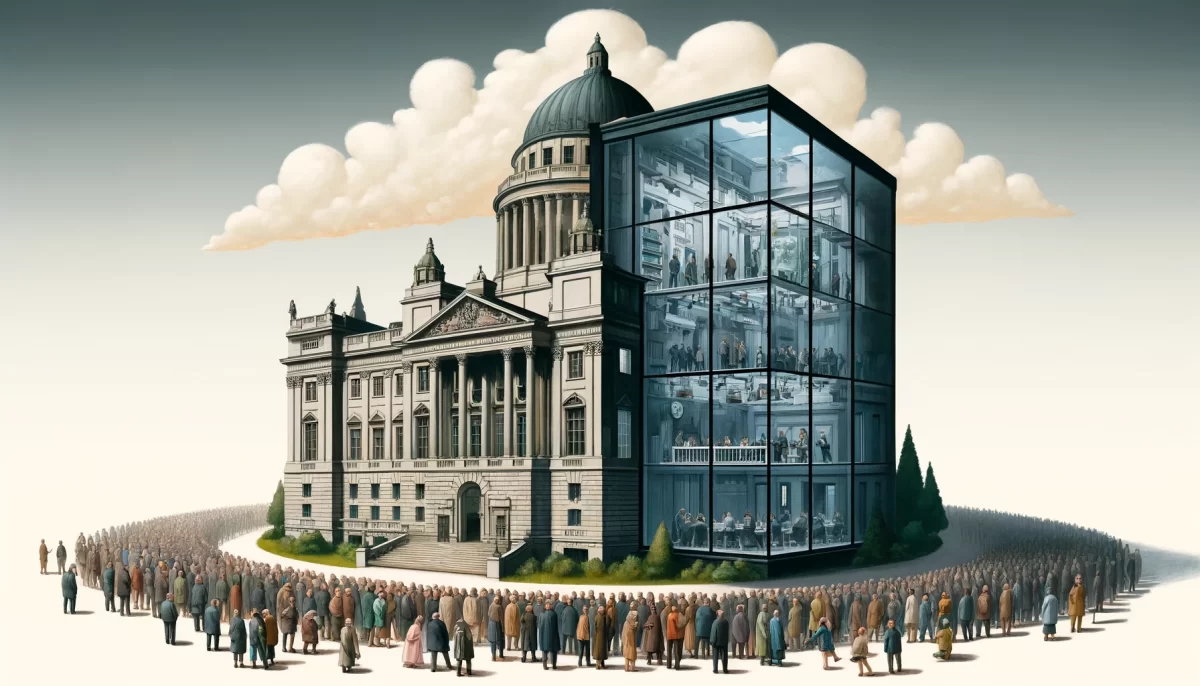
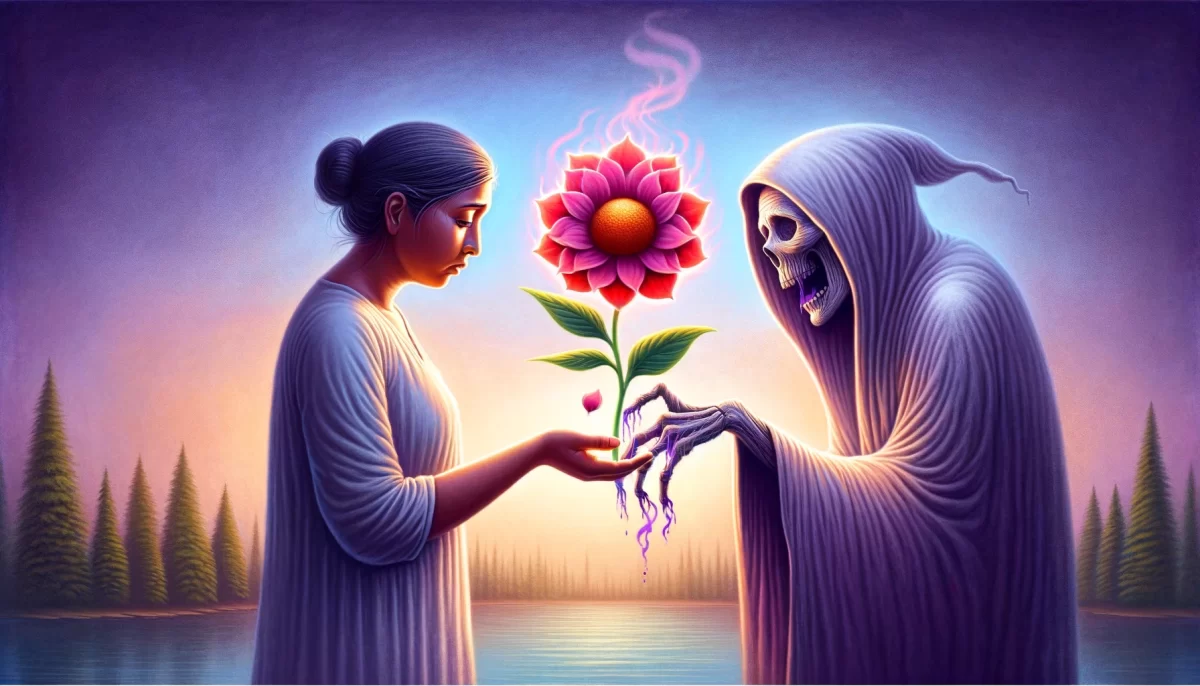
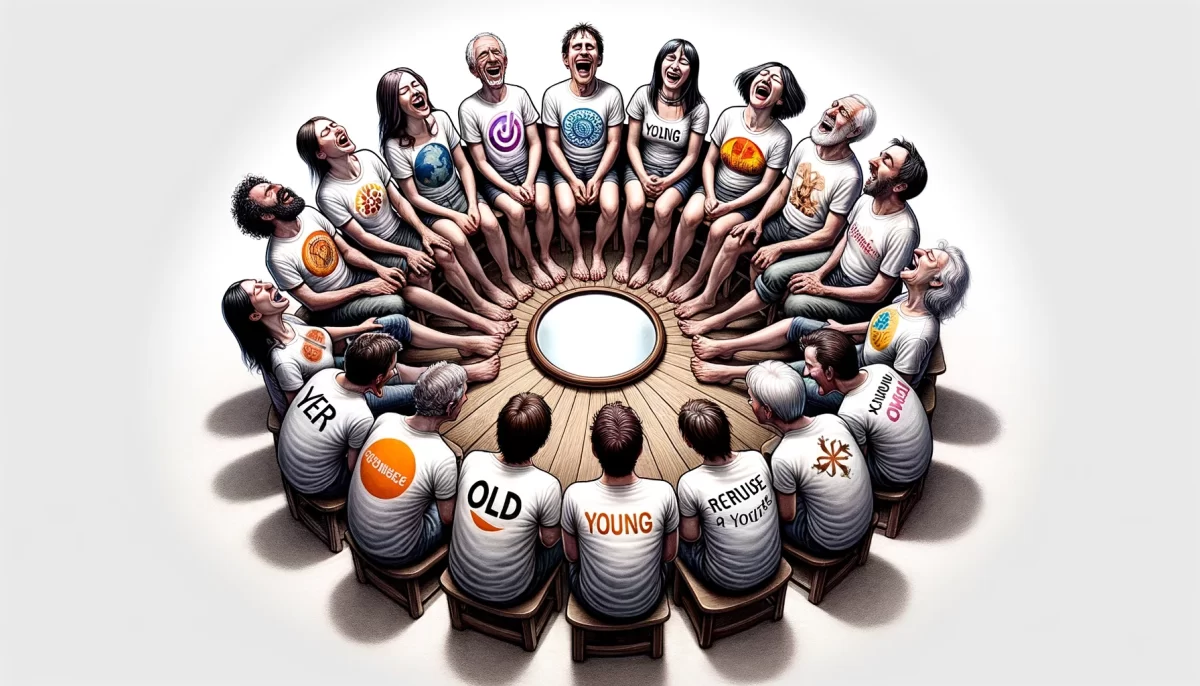
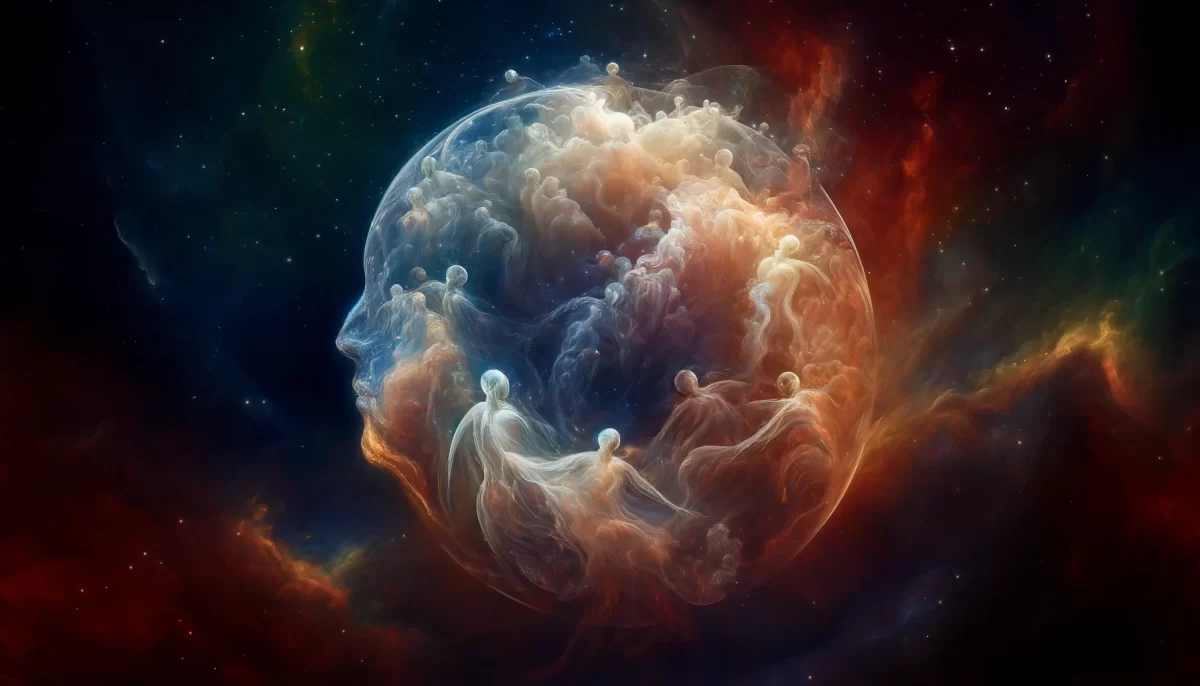
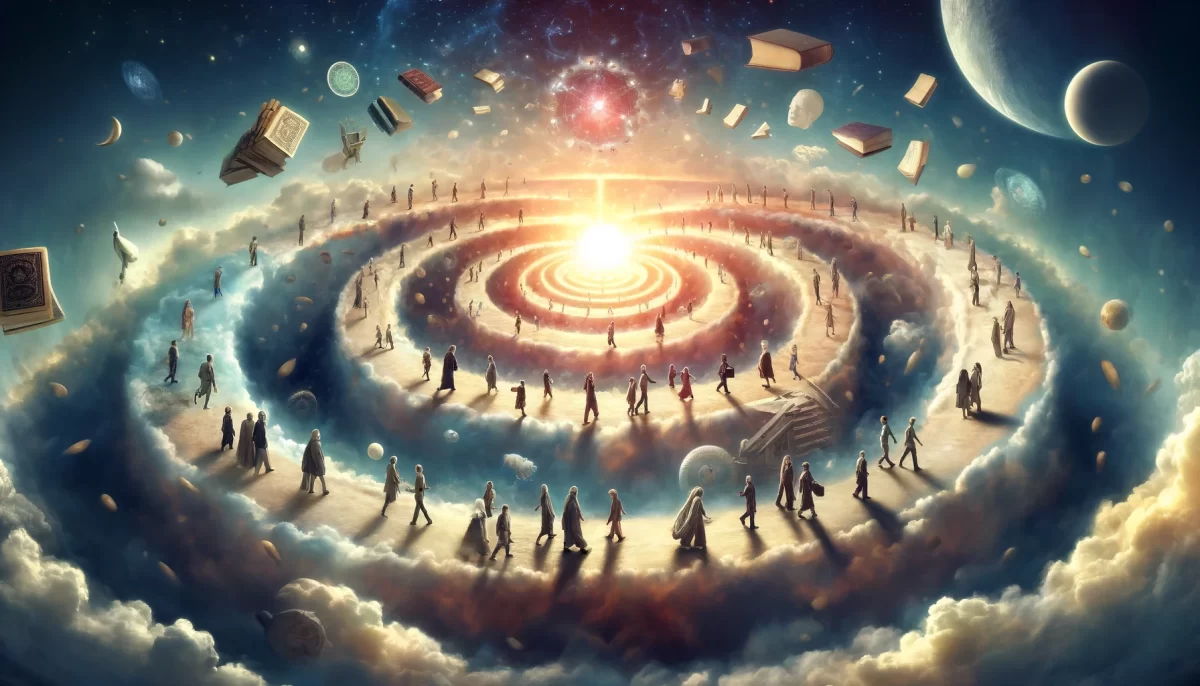
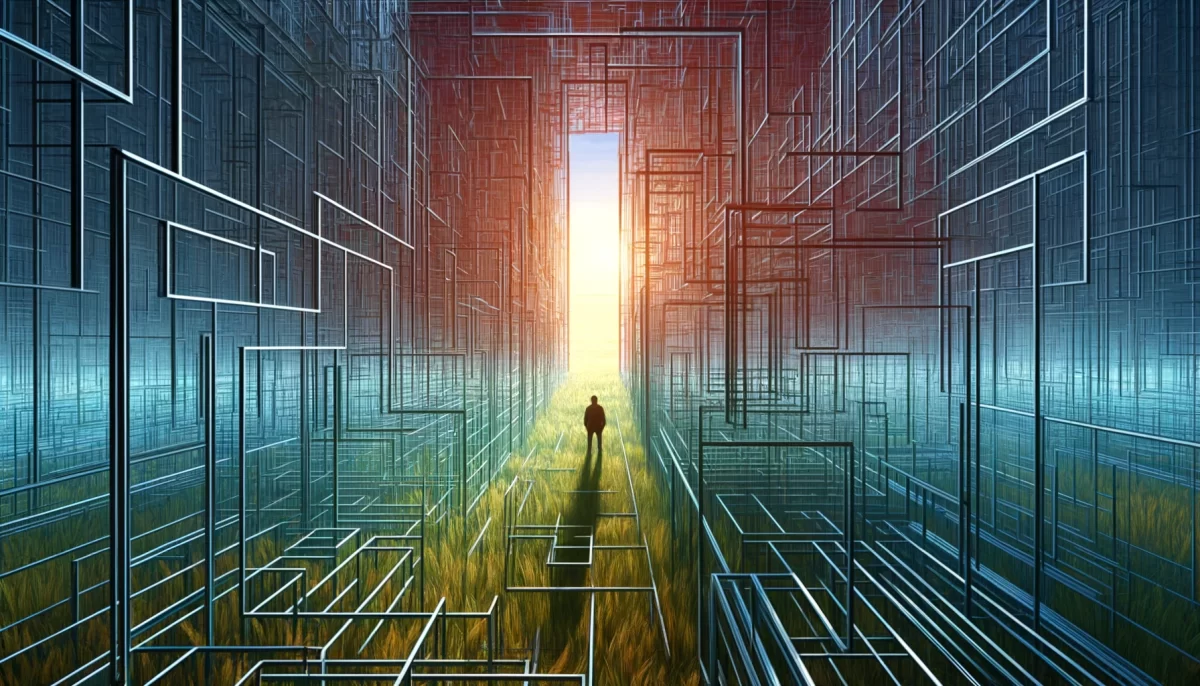

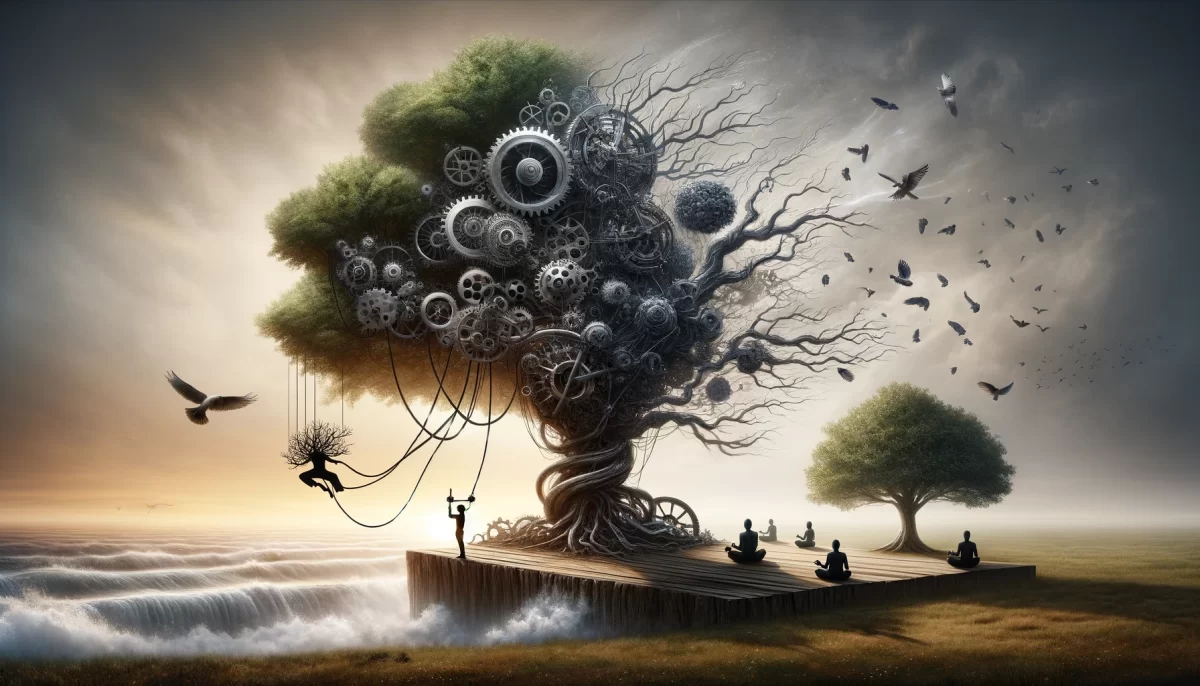

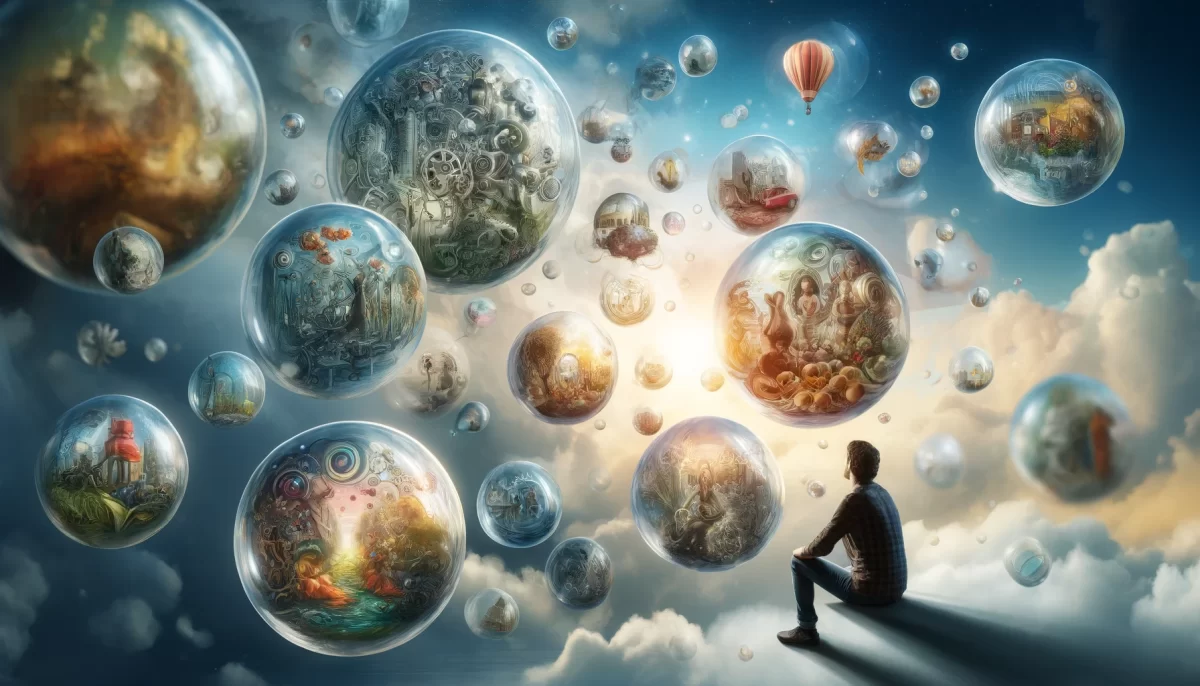
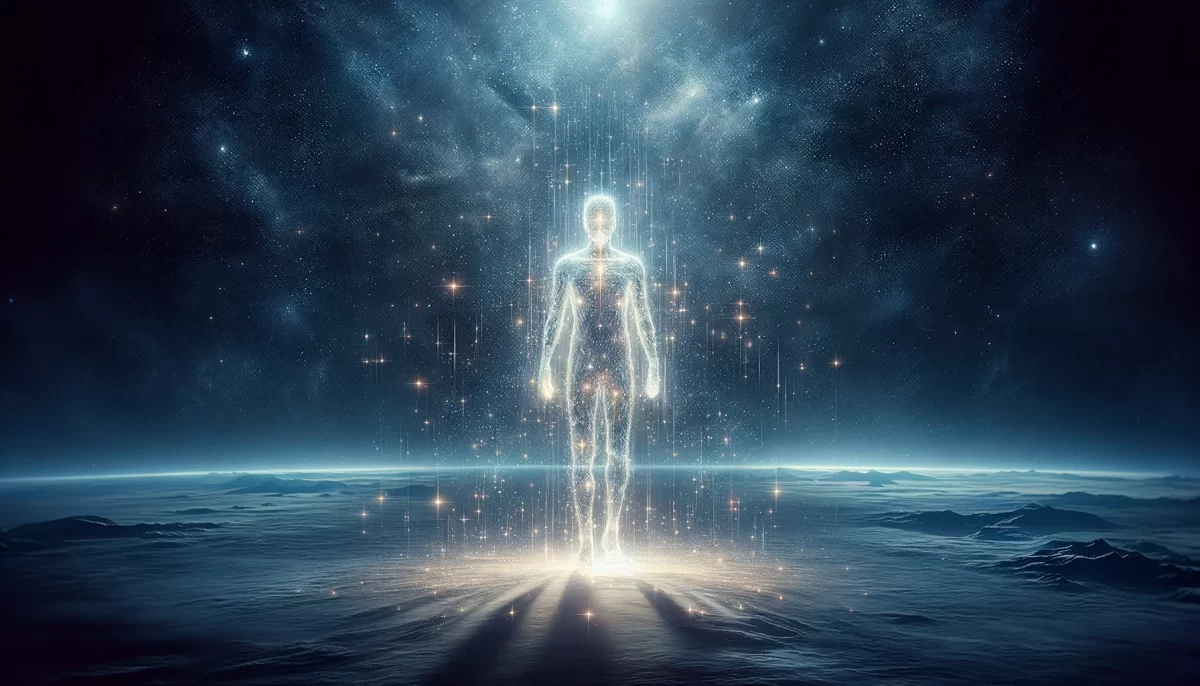
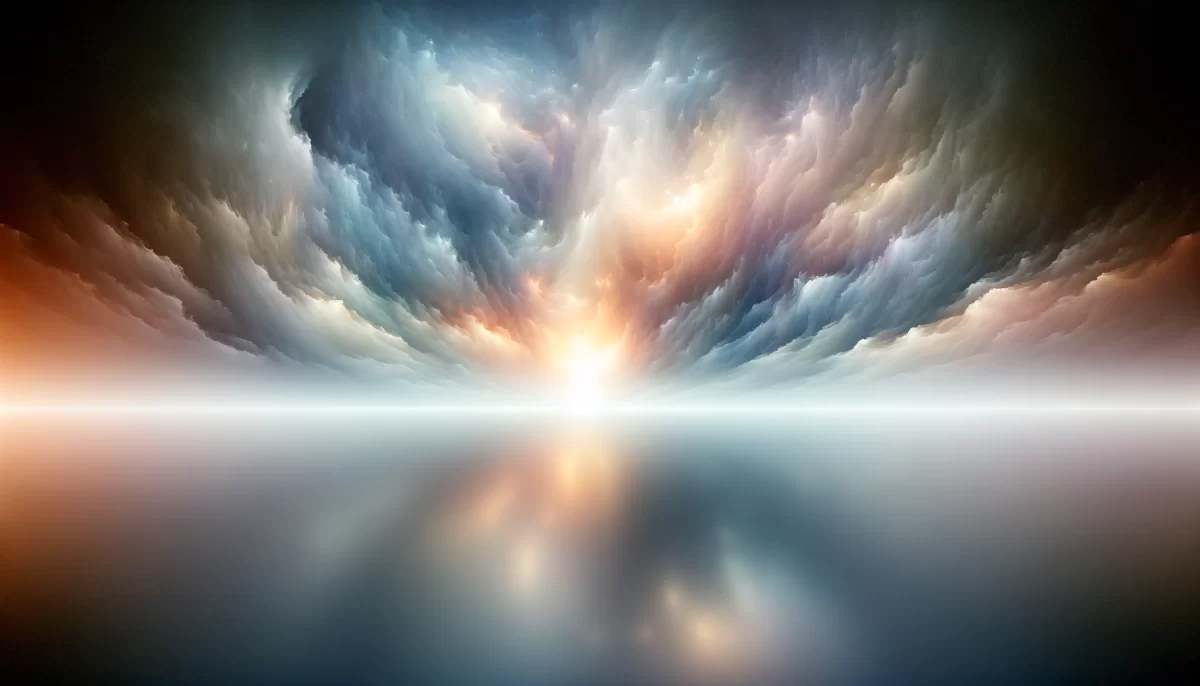


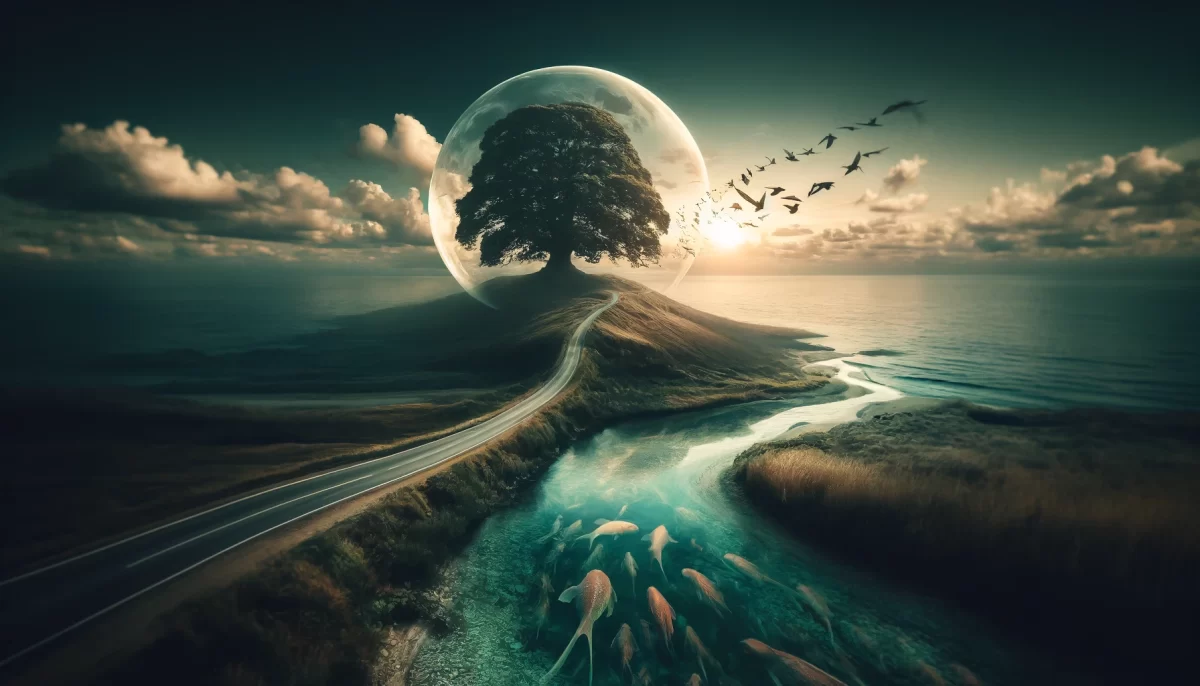
Leave a Reply